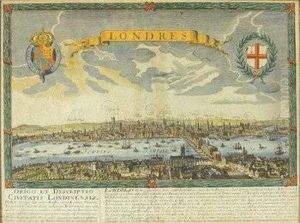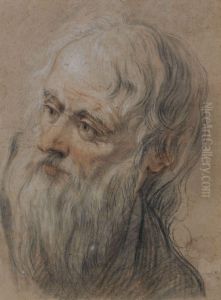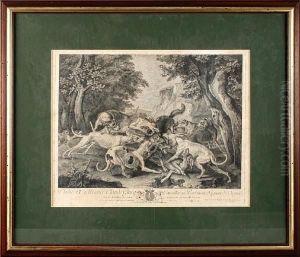Francois Joullain Paintings
François Joullain was a French engraver and art dealer born in 1697 in Paris, France. He was part of an artistic family; his father, François Joullain the Elder (1669–1749), was also an engraver and art dealer. Joullain's work was deeply influenced by the artistic environment and the legacy of his father, and he continued the family tradition in the arts.
Joullain's career flourished during the period of the French Regency and the reign of Louis XV. He became known for his engravings, which often reproduced the works of contemporary and earlier artists. His skill in engraving included a variety of subjects such as portraits, landscapes, and genre scenes, as well as reproductions of historical and mythological paintings. Joullain's reproductions played a significant role in disseminating the works of great masters to a broader audience, which was an important aspect of art consumption during the eighteenth century.
In addition to his contributions as an engraver, Joullain was also an art dealer and had a significant impact on the art market of his time. He had an extensive knowledge of European art and built a network that included collectors, other dealers, and artists. This role allowed him to influence tastes and trends within the art world of Paris and beyond.
François Joullain died in 1778, leaving behind a body of work that is remembered for its craftsmanship and its role in the art history of the eighteenth century. Although not as widely known today outside specialist circles, Joullain's engravings remain a testament to the artistic and cultural exchanges of his time, reflecting the European tradition of printmaking and the dissemination of artistic ideas.


